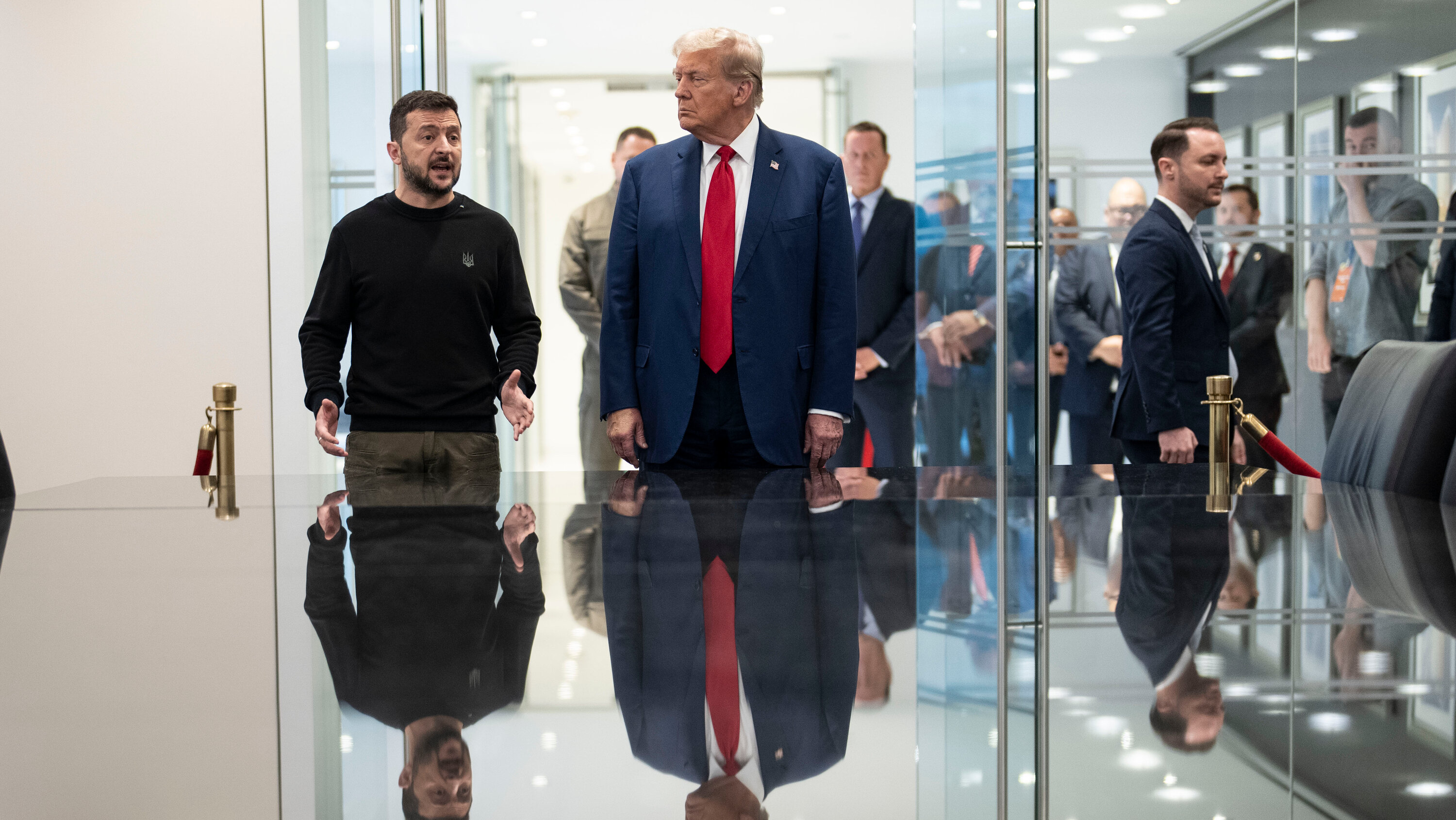The Global EV Race: China's Lead And America's Response

Table of Contents
China's Dominance in the EV Market
China's position at the forefront of the global EV revolution is not accidental. It's the result of a multifaceted strategy combining significant government investment, a highly integrated supply chain, and robust domestic demand.
Massive Government Subsidies and Incentives
The Chinese government has poured billions into its EV sector, providing extensive support to domestic manufacturers. This support manifests in various forms:
- Tax breaks: Significant reductions in taxes on EV purchases and manufacturing stimulate demand and lower production costs.
- Purchase subsidies: Direct financial incentives for consumers purchasing EVs make them more affordable and attractive.
- Infrastructure development: Massive investments in charging infrastructure, including public charging stations and home charging solutions, address range anxiety, a major barrier to EV adoption.
This comprehensive support has fueled the success of Chinese EV companies like BYD (Build Your Dreams), now a global powerhouse, and NIO, known for its innovative battery-swap technology. These policies have directly translated into a substantial market share and significant production capacity, outpacing many competitors globally.
A Robust and Integrated Supply Chain
China boasts a near-complete control over a substantial portion of the global supply chain for EV batteries and key components. This includes:
- Battery materials: Dominance in the mining and processing of critical minerals like lithium, cobalt, and nickel, essential for EV battery production.
- Battery cell manufacturing: A vast network of battery cell factories, producing a large portion of the world's supply.
- Component production: Control over the production of various EV components, from motors and inverters to charging equipment.
This integrated system provides significant cost advantages and efficiency gains, creating a formidable barrier to entry for competitors. Breaking into this established supply chain represents a significant challenge for other nations aiming to build a strong domestic EV industry.
Early Adoption and Strong Domestic Demand
China's high domestic demand for EVs is a crucial factor in its market dominance. Several factors contribute to this high demand:
- Air pollution concerns: Growing awareness of air pollution in major Chinese cities has driven consumers towards cleaner transportation options.
- Government regulations: Policies promoting EV adoption, including restrictions on internal combustion engine (ICE) vehicles in certain areas, are further stimulating demand.
- Technological advancements: Continuous innovation in battery technology and vehicle design has made EVs increasingly attractive to consumers.
- Extensive charging infrastructure: The extensive charging network built by the government instills confidence in consumers regarding range anxiety.
This strong domestic market provides a crucial testing ground for Chinese EV manufacturers and allows them to achieve economies of scale, further reinforcing their competitive advantage.
America's Response to the Chinese EV Challenge
The United States recognizes the need to counter China’s dominance in the EV market and is actively implementing strategies to bolster its domestic EV industry.
The Inflation Reduction Act and its Implications
The Inflation Reduction Act (IRA) represents a significant step in the US’s efforts to compete in the global EV race. Key provisions include:
- EV tax credits: Significant tax credits for consumers purchasing new and used EVs, making them more affordable.
- Domestic manufacturing incentives: Incentives for the manufacturing of EVs and their components within the US, creating jobs and boosting domestic production.
- Sourcing requirements: Strict requirements on the sourcing of battery minerals and components, aiming to reduce reliance on foreign suppliers.
However, the sourcing requirements have sparked debate, with concerns about their potential impact on global supply chains and trade relations.
Investing in Domestic Battery Production
The US is actively investing in building a robust domestic battery production capacity:
- Government funding: Significant government funding is being allocated to support battery manufacturing facilities and research and development.
- Public-private partnerships: Collaboration between the government and private companies to establish battery gigafactories and secure critical mineral supplies.
- Focus on battery technology: Investment in research and development to improve battery technology, aiming to increase energy density, reduce costs, and enhance performance.
Overcoming the challenges in securing critical mineral supplies and developing advanced battery technologies will be critical for success.
Focus on Infrastructure Development
Expanding the US charging infrastructure is essential for widespread EV adoption:
- Federal funding: Significant federal funding is being directed towards building out a national charging network.
- Private sector investment: Private companies are also investing in building charging stations, aiming to capitalize on the growing EV market.
- Addressing equity concerns: Ensuring equitable access to charging stations across different communities is crucial for inclusive EV adoption.
Overcoming challenges related to grid capacity and ensuring equitable access to charging stations across the nation will be crucial for the success of this initiative.
Conclusion
The global EV race is a crucial contest shaping the future of transportation and the energy sector. China’s commanding lead is the outcome of a comprehensive, long-term strategy. While the US is responding with significant investments, overcoming this established lead requires a sustained and multifaceted approach. To remain competitive, the US must continue its investments in domestic manufacturing, battery technology advancements, charging infrastructure development, and foster innovation within the electric vehicle sector. Understanding the intricacies of this global EV race is crucial for both consumers and investors alike. Learn more about the global EV race and its impact by researching further into industry developments and related resources.

Featured Posts
-
 Ajagbas Ibf Dreams Delayed Bakole Parker Showdown
May 05, 2025
Ajagbas Ibf Dreams Delayed Bakole Parker Showdown
May 05, 2025 -
 Frantsuzskiy Referendum Podrobnosti O Planakh Prezidenta Po Reformam
May 05, 2025
Frantsuzskiy Referendum Podrobnosti O Planakh Prezidenta Po Reformam
May 05, 2025 -
 Is Anna Kendricks Body Language Telling A Story Fans Discuss Her Interaction With Blake Lively
May 05, 2025
Is Anna Kendricks Body Language Telling A Story Fans Discuss Her Interaction With Blake Lively
May 05, 2025 -
 The Accountant 2 Why Anna Kendrick Is Crucial For A Third Film
May 05, 2025
The Accountant 2 Why Anna Kendrick Is Crucial For A Third Film
May 05, 2025 -
 Mark Carneys White House Meeting With Trump What To Expect
May 05, 2025
Mark Carneys White House Meeting With Trump What To Expect
May 05, 2025
